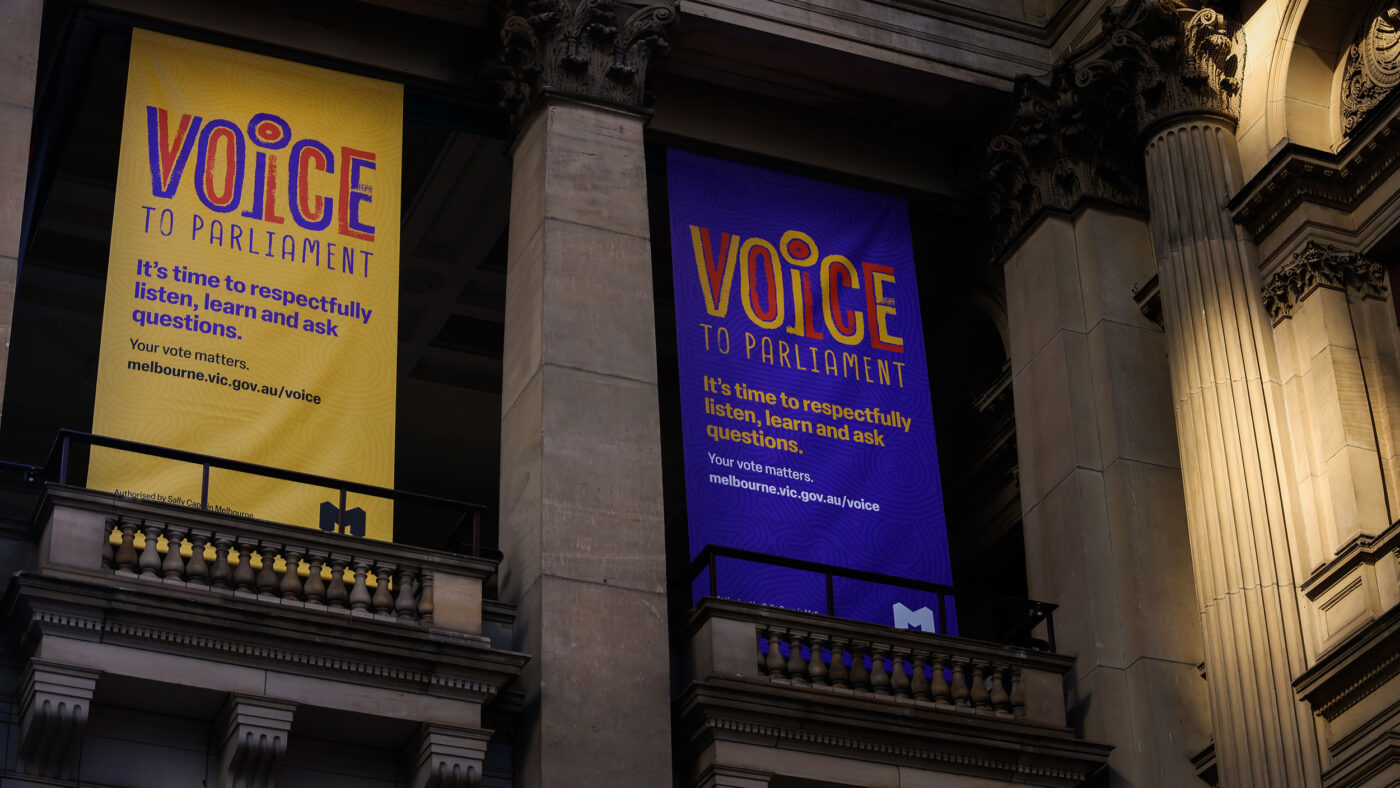Australia’s conservative opposition has every right to celebrate the resounding defeat of the Albanese government’s proposals for an indigenous ‘Voice’ at Saturday’s referendum. Unfortunately for the opposition, however, thwarting one of the Government’s signature policy initiatives is unlikely to turn around its struggling fortunes.
Holding a referendum on creating an indigenous advisory body was one of Prime Minister Anthony Albanese’s key pledges at last year’s federal election, which saw his Labor Party return to government after nine years in the wilderness.
Australia’s first legally-binding referendum since 1999, it would have created a constitutionally-entrenched advisory body called the Voice. Comprised exclusively of indigenous members, it would have had the power to advise the executive government and the Federal Parliament on matters relating to indigenous people, but would not have had any legislative or executive power itself. The ‘composition, functions, powers and procedures‘, of the Voice were to be determined by the Federal Parliament, although the Government set out eight ‘design principles’ broadly outlining how it intended the Voice to work.
Having struggled to land blows against Albanese since the election, the Opposition Leader, Peter Dutton, sensed an opportunity when he announced in April that the Liberal Party (the senior partner in the opposition coalition) would campaign against the Voice at the upcoming referendum. The Voice, Dutton claimed, was ‘legally risky‘ and would divide Australia on racial lines. This was despite the opinion polls then pointing towards a ‘yes’ victory and some disquiet from Liberal moderates.
The Liberals were ultimately rewarded when over 60% of Australian voters, and every state, voted ‘no’. While many factors doomed the Voice case, including the ‘yes’ side’s failure to explain how it would work, the Opposition’s decision to back the ‘no’ side was critically important. By turning the Voice ‘from a moral issue to a political issue‘, it robbed the Voice of bipartisan support and thus severely limited its chances of success.
While damaging for the Government, however, this setback is unlikely to change the domestic political outlook in the Coalition’s favour.
First, Australian constitutional referendums rarely succeed and their failure seldom hurts the governments responsible for introducing them. Of the 44 referendum questions put to the Australian electorate since Federation in 1901, only eight have passed. The figure is even worse for referendum questions introduced by Labor governments, of which only one out of 25 has passed.
For example, Australia’s longest-serving Prime Minister, Sir Robert Menzies, failed in a divisive attempt to ban the Australian Community Party in 1951. Despite this, he remained in power until retiring in 1966. Additionally, Labor’s most successful Prime Minister, Bob Harke, put six questions across two referendums in 1984 and 1988, yet remained at the Lodge until 1991.
Second, defeating a first-term government in Australia is a tall order, even for the strongest opposition leader. Australia has not had a one-term government since 1931 and that was in the midst of the Great Depression. Although Prime Minister Julia Gillard nearly lost office in 2010, the Albanese Government suffers none of the crippling disunity that plagued its Labor predecessor.
Despite capping off a difficult period for the Albanese Government, which is coming under increasing pressure over the ongoing cost-of-living crisis, there is no sign that torpedoing its referendum proposals will help Dutton’s Liberals defy this trend.
Indeed, while Albanese’s personal approval ratings have fallen from their post-election honeymoon levels, recent polls show he remains well ahead of Dutton on the question of who would be the preferred Prime Minister. More importantly, however, the Labor Party retains a comfortable lead over the Coalition on the two-party preferred vote. Given Australia’s preferential voting system, this is the most important gauge of Labor’s re-election prospects. Concerningly for the Opposition Leader, it is possible that while his ‘relentlessly negative’ campaign strategy helped doom the Voice, it may be damaging his own approval ratings in the process.
Additionally, while there has been some voter frustration at Albanese’s apparent prioritisation of the Voice over other issues, with the referendum now behind it and an election not due until late 2025, the Government has plenty of time to refocus. Indeed, it is already shifting its attention back towards cost-of-living and national security concerns.
Finally, defeating the Voice will do nothing to help Dutton win back the Liberal Party’s former heartland inner-city seats, including those once held by Prime Minister Malcolm Turnbull and Treasurer Josh Frydenberg, that the Liberals lost to the so-called ‘Teal’ group of independents at the 2019 and 2022 Federal elections. Defying the national trend, all seven Teal seats voted ‘yes’ at Saturday’s referendum, driving a further wedge between them and their former natural political home. With the Coalition now holding only 56 seats in the 151-member House of Representatives, the continued alienation of its traditional blue ribbon seats risks complicating its efforts to unseat Labor.
In short, the Coalition should savour this victory. However, unless it addresses its deep-rooted problems, it should not spend too long celebrating. With history against it, an unpopular leader, and no easy path back to majority government, it still faces an uphill battle at the 2025 federal election.
Click here to subscribe to our daily briefing – the best pieces from CapX and across the web.
CapX depends on the generosity of its readers. If you value what we do, please consider making a donation.


